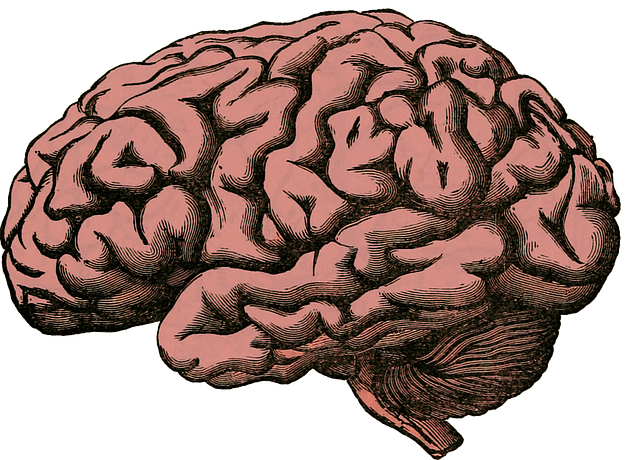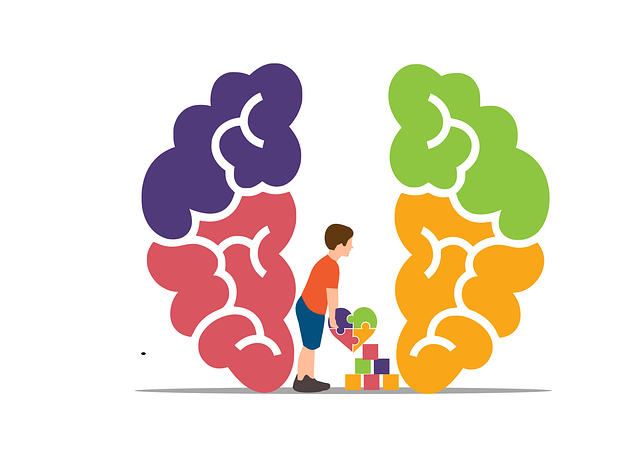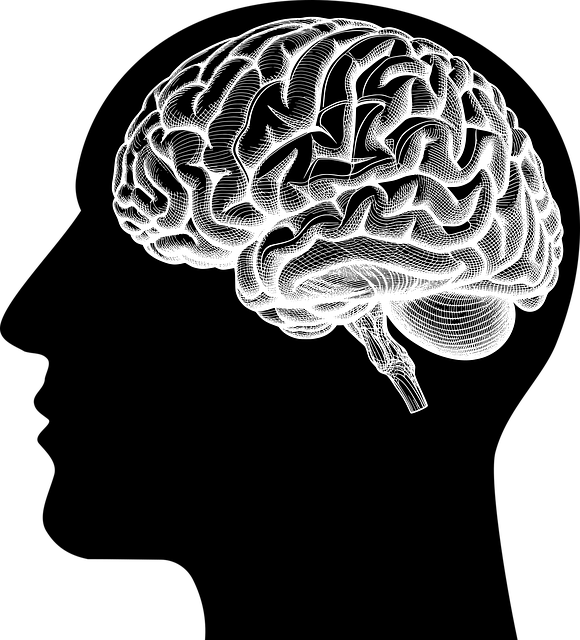Understanding Denver's diverse community needs is crucial for effective implementation of Denver Major Life Transitions Therapy. By identifying vulnerable groups through demographic and social factors, tailored strategies like workshops and support groups create safe spaces for navigating life transitions. Inclusive collaboration with local organizations and cultural competency training ensure relevant, impactful programs that bridge mental health gaps. Evaluating program success using qualitative and quantitative methods allows for continuous improvement and enhanced cultural sensitivity in mental healthcare.
Community outreach programs play a pivotal role in expanding access to mental health services. This article explores the implementation of Denver Major Life Transitions Therapy, focusing on understanding community needs, designing engaging strategies, and fostering partnerships. We delve into the logistics, training, and evaluation processes, highlighting effective practices for reaching and supporting diverse populations. By examining these key components, we aim to enhance the impact of similar initiatives, ensuring that essential therapies like Denver Major Life Transitions Therapy are accessible to those who need them most.
- Understanding Community Needs: Identifying Target Groups for Denver Major Life Transitions Therapy
- Designing Effective Outreach Strategies: Engaging and Educating Communities
- Implementing the Program: Logistics, Training, and Community Partnerships
- Measuring Success and Impact: Evaluating the Effectiveness of Denver Major Life Transitions Therapy Outreach
Understanding Community Needs: Identifying Target Groups for Denver Major Life Transitions Therapy

Understanding Community Needs is a critical step in implementing Denver Major Life Transitions Therapy programs effectively. This involves careful consideration of demographic and social factors to identify vulnerable groups within the community that are most likely to benefit from such initiatives. By pinpointing specific target groups, such as youth facing identity crises, adults struggling with mental health issues, or seniors dealing with life changes, organizers can tailor their services accordingly.
For instance, in Denver, where diverse populations coexist, a nuanced approach is essential. Local therapy programs should explore the unique challenges faced by different communities, including cultural and socioeconomic barriers to accessing support. Implementing strategies like confidence-boosting workshops, empathy-building activities, and crisis intervention guidance can create safe spaces for individuals to navigate major life transitions successfully.
Designing Effective Outreach Strategies: Engaging and Educating Communities

Designing effective outreach strategies is key to engaging and educating communities about mental health services, especially in urban areas like Denver where major life transitions can be particularly challenging. A well-rounded approach involves tailoring programs to meet diverse needs, considering cultural sensitivity and accessibility. By implementing initiatives that focus on building resilience, coping skills development, and mental health policy analysis and advocacy, communities can become more equipped to navigate difficult times.
These strategies should aim to bridge the gap between therapy services and individuals who may be hesitant to seek help. Educational workshops, peer support groups, and community events centered around mental wellness can foster an environment of understanding and reduce stigma associated with seeking therapy, particularly for those experiencing life transitions common in Denver’s dynamic urban setting.
Implementing the Program: Logistics, Training, and Community Partnerships

Implementing a community outreach program for Denver Major Life Transitions Therapy requires meticulous planning and collaboration. The first step involves identifying target communities and tailoring the initiative to address their unique needs, whether it’s focusing on burnout prevention among working adults or providing mental health resources for underserved populations. Logistics play a crucial role; this includes securing appropriate venues, scheduling sessions, and ensuring access for all participants.
Training is another critical component. Healthcare provider cultural competency training equips professionals with the skills to connect effectively with diverse communities. Additionally, organizing Stress Management Workshops can empower individuals with coping mechanisms, fostering a sense of well-being. Building strong partnerships within these communities is essential; engaging local organizations and leaders helps gain trust and ensures the program resonates with those it aims to serve.
Measuring Success and Impact: Evaluating the Effectiveness of Denver Major Life Transitions Therapy Outreach

Evaluating the success and impact of Denver Major Life Transitions Therapy outreach programs is crucial for understanding their effectiveness and making informed improvements. Measuring outcomes goes beyond simple participation rates; it involves assessing changes in clients’ emotional well-being promotion techniques, social skills training, and overall mental health stability. By employing qualitative and quantitative methods, such as client feedback surveys, pre-post assessments, and community input, organizers gain valuable insights into the program’s reach and depth of impact.
This assessment allows for a nuanced understanding of Denver Major Life Transitions Therapy’s contribution to addressing cultural sensitivity in mental healthcare practice. For instance, increased engagement with diverse communities may indicate successful tailoring of outreach strategies to meet specific cultural needs, fostering trust and improving access to essential services. Such insights are vital for refining programs, ensuring they remain responsive to the evolving demands of the community they serve.
Denver Major Life Transitions Therapy’s community outreach programs have shown promising results in addressing diverse community needs. By identifying target groups, designing engaging strategies, and forming strong partnerships, the initiative has successfully reached individuals facing significant life changes. Implementing these programs requires careful logistics, comprehensive training, and collaborative efforts with local organizations. Through ongoing evaluation and measurement of impact, Denver Major Life Transitions Therapy ensures its outreach remains effective, fostering positive mental health outcomes within the community.














